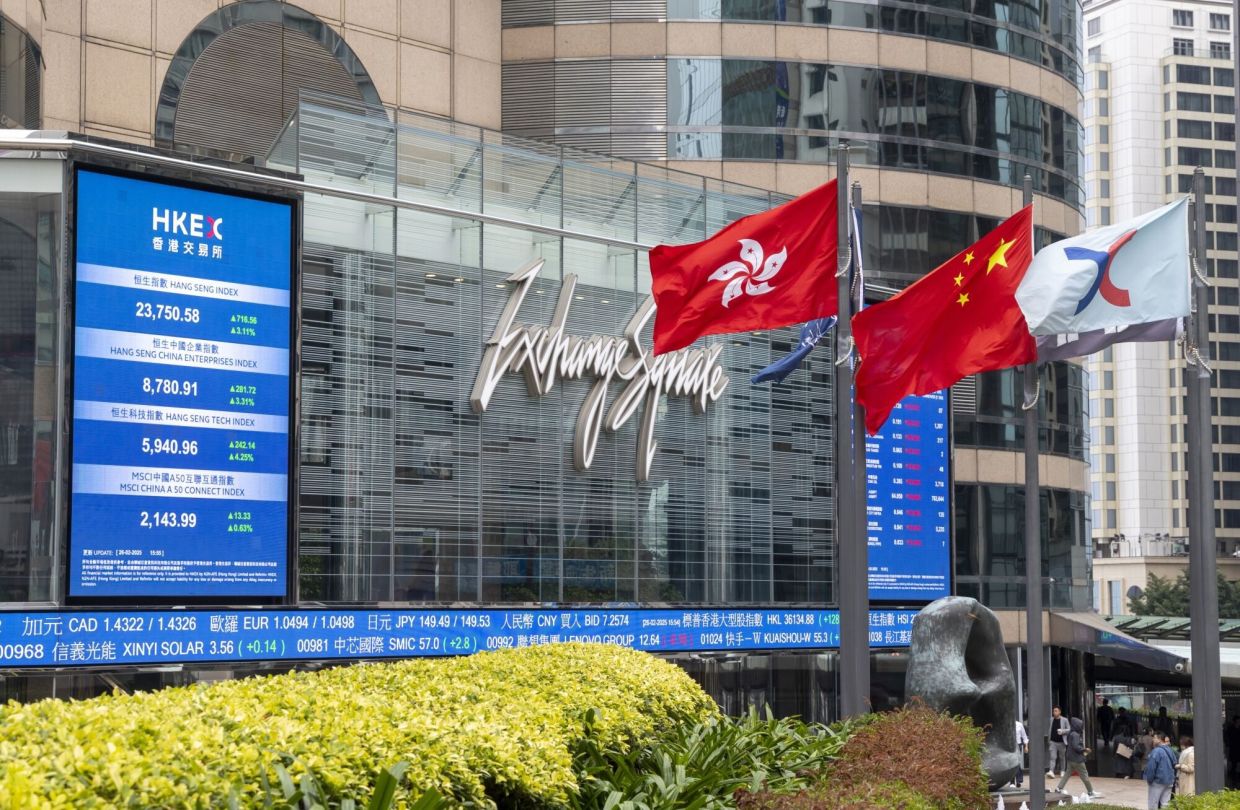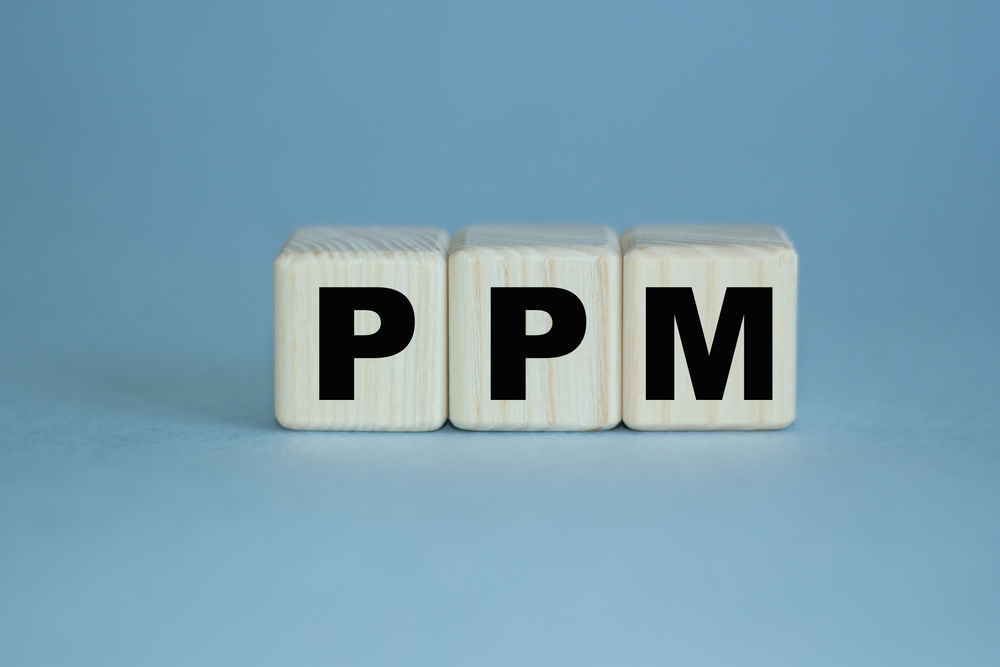In recent years, short-form dramas have taken the world by storm, with platforms like ReelShort and DramaBox leading the charge. These bite-sized, mobile-first soap operas, often adapted from Chinese web novels, have captivated audiences from North America to Southeast Asia. But what’s the secret sauce behind their global appeal? Beyond snappy storytelling and addictive plot twists, high-quality subtitle translation and dubbing play a pivotal role in bridging cultural gaps and turning these dramas into international hits. Let’s dive into how localization, cultural adaptation, and cutting-edge AI tools are powering this phenomenon.
The Short Drama Boom: A Global Gold Rush
Short dramas, with episodes as brief as one to three minutes, are tailor-made for today’s fast-paced, mobile-driven world. Platforms like ReelShort, launched in August 2022 by Crazy Maple Studio, and DramaBox, introduced by Dianzhong Technology in April 2023, have cracked the code for global success. According to Sensor Tower, ReelShort alone raked in a net revenue of $22 million by November 2023, with an estimated $29.1 million for 2024. DramaBox, not far behind, hit $23 million in in-app purchases in August 2024 alone. These numbers aren’t just impressive—they signal a seismic shift in how entertainment is consumed worldwide.
The U.S. has emerged as the biggest market, contributing 60-70% of overseas revenue for these apps, with an average revenue per download six times higher than other regions. Southeast Asia, Japan, and South Korea are also hotbeds of engagement, with audiences hooked on themes like “dominant CEOs,” “sweet romance,” and “revenge.” But raw content alone doesn’t explain this success. To resonate with diverse audiences, short drama platforms rely heavily on localization—specifically, top-notch subtitles and dubbing that make stories feel native, not foreign.
The Art of Localization: Making Stories Feel Like Home
Localization goes beyond word-for-word translation; it’s about crafting an emotional and cultural connection with viewers. Western audiences, for instance, gravitate toward fantasy-driven plots like werewolves and vampires, while Southeast Asian viewers prefer heart-wrenching family dramas or rags-to-riches tales. ReelShort’s hit series, Fated to My Forbidden Alpha and The Double Life of My Billionaire Husband, amassed 110 million and 270 million views respectively, partly because they were tailored to Western tastes. How? Through careful narrative tweaks and culturally sensitive translations.
For example, ReelShort collaborates with Hollywood screenwriters to produce localized content, ensuring scripts reflect American sensibilities, like the “Mary Sue” romance style that captivates female viewers. Subtitles and dubbing must match this tone, preserving the dopamine-inducing pace of rapid plot twists while avoiding cultural faux pas. In one case, a drama on SnackVideo was pulled due to complaints about “objectifying the witch group,” underscoring the need for cultural awareness. Localization teams adjust dialogue to sidestep taboos, adapt humor, and align emotional beats with local norms—think replacing a Chinese idiom with a colloquial English phrase that hits the same emotional mark.
Dubbing, meanwhile, demands lip-sync precision and voice acting that feels authentic. DramaBox, for instance, has leaned into dubbing to cater to its 43.5% male audience, who prefer immersive audio over reading subtitles. By hiring local talent in the U.S. and Europe, platforms like ReelShort ensure voices match the cultural context, making characters relatable. This approach helped ReelShort top the U.S. iOS entertainment charts, even surpassing TikTok at one point.
AI Translation Tools: Speed Meets Scale
Enter AI, the game-changer in scaling localization efforts. Tools like CapCut Professional (Jianying in China) and ElevenLabs are revolutionizing how short dramas reach global audiences. CapCut’s AI-powered subtitle translation can transcribe and translate dialogue into over 130 languages with 95% accuracy, slashing the time and cost of manual translation. For example, VidAU, another AI platform, uses face-swapping and voice-cloning tech to transform Chinese actors into “hunky European men” with seamless lip-syncing, making dramas feel locally produced. This not only saves months of production time but also boosts viewer immersion.
ElevenLabs takes dubbing to the next level with human-like voiceovers. Its AI can replicate voices across languages while preserving the original tone, ensuring dubbed dialogue doesn’t sound robotic. For instance, a South Korean melodrama translated into Spanish using ElevenLabs can retain the emotional depth of the original, with subtitles synchronized perfectly with lip movements. Tools like BlipCut also allow batch translations, enabling platforms to localize entire series in hours, not weeks. However, AI isn’t flawless—translations can sometimes miss subtle cultural nuances, requiring human editors to refine idioms or humor. Still, the speed and scalability of AI tools have made them indispensable, especially for platforms like DramaBox, which rely on a high volume of translated content to fuel rapid market expansion.
The Payoff: Localization Drives Revenue
High-quality localization isn’t just a nice-to-have; it’s a revenue driver. Sensor Tower data shows North American users, with their higher purchasing power, are more likely to pay for premium content when it feels tailored to them. ReelShort’s 52% share of global short drama app downloads and 48% of revenue in 2024 reflects this. By investing in culturally adapted subtitles and dubbing, platforms ensure viewers stay hooked, binge-watching episodes and unlocking paid content. FlexTV’s Mr. Williams! Madame Is Dying generated over $2 million in revenue from a $1 million ad spend, proving that localization, paired with savvy marketing, delivers massive returns.
Challenges and the Road Ahead
Localization isn’t without hurdles. AI translations, while fast, can falter on idiomatic expressions or emotional subtleties, and cultural missteps can alienate audiences. The market is also hypercompetitive, with over 40 short drama apps vying for attention by early 2024, amassing 55 million downloads and $170 million in revenue. As platforms like ReelShort and DramaBox scale, they’re shifting from translated Chinese dramas to locally produced content to deepen cultural resonance. For instance, ReelShort’s collaboration with Hollywood talent and Zhi Tao Films’ use of European crews in Romania show a commitment to authenticity.
Looking ahead, the short drama market is projected to grow to $7 billion globally in 2024, with localization remaining a key driver. AI tools will continue to evolve, with hybrid approaches—AI for speed, humans for finesse—likely dominating the future. For now, subtitles and dubbing are the unsung heroes behind the global short drama craze, turning two-minute episodes into cultural bridges that keep audiences coming back for more.











